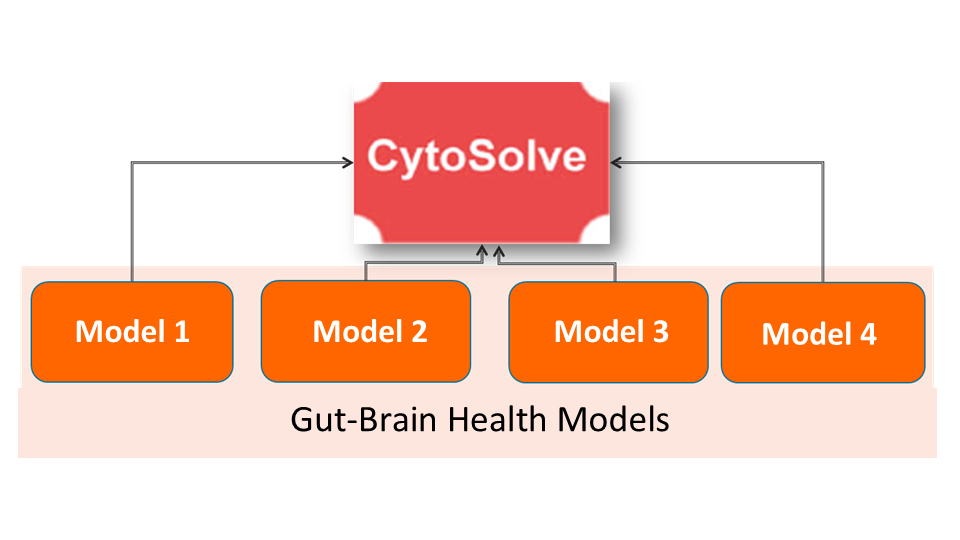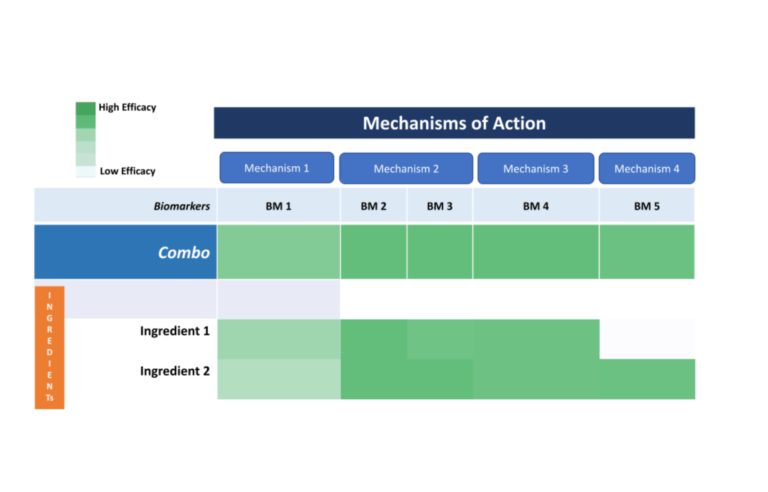The gut-brain connection refers to the complex communication network between the gastrointestinal (GI) tract and the brain, known as the gut-brain axis.
The gut-brain connection refers to the complex communication network between the gastrointestinal (GI) tract and the brain, known as the gut-brain axis. This bi-directional system links emotional and cognitive centers of the brain with intestinal functions through neural, hormonal, and immune pathways. The vagus nerve, a major nerve in the parasympathetic nervous system, plays a key role in transmitting signals between the brain and the gut. The gut is often called the “second brain” because it contains its own network of neurons—the enteric nervous system (ENS)—which can operate independently of the central nervous system. This system regulates digestion, motility, and even the release of neurotransmitters such as serotonin, 90% of which is produced in the gut. A healthy gut microbiome—the community of trillions of bacteria in the intestines—also influences mood, stress response, and cognitive function. Imbalances in gut bacteria (dysbiosis) have been linked to conditions like anxiety, depression, and neurodegenerative disorders. Maintaining gut-brain health involves a diet rich in prebiotics and probiotics, regular physical activity, quality sleep, and effective stress management. Understanding and supporting this powerful axis is essential for improving both mental and digestive health, highlighting the profound connection between the gut and the mind.
The Systems Architecture of Gut-Brain Health is published as a web based tool open to public . Click below to interact with the Systems Architecture
A peer-reviewed paper from the Gut-Brain Health Initiative will be published to the benefit of community. This phase is not yet begin.
In this phase, the Gut-Brain Health initiative will conduct in silico modeling to identify and test the efficacy of natural compounds against the Gut Brain diseases such as IBS, Colitis and dysbiosis.

In this phase, combination screening will be performed to identify potential ingredient/compounds that target the biological process implicated in Gut-Brain Health pathogenesis. This phase is yet to begin.

The Open Science Institute® through its Gut-Brain Health Initiative is moving towards getting patents for a revolutionary molecule that effectively combats Gut-Brain diseases, contributing breakthrough real solutions to society worldwide.
The Gut-Brain Health Initiative plans to discover, develop, license and manufacture proprietary nutraceuticals to support treatment of Gut-Brain diseases. Support our mission to bring this innovation to those who need it most. Please support this phase by donating to the Gut-Brain Health Initiative

